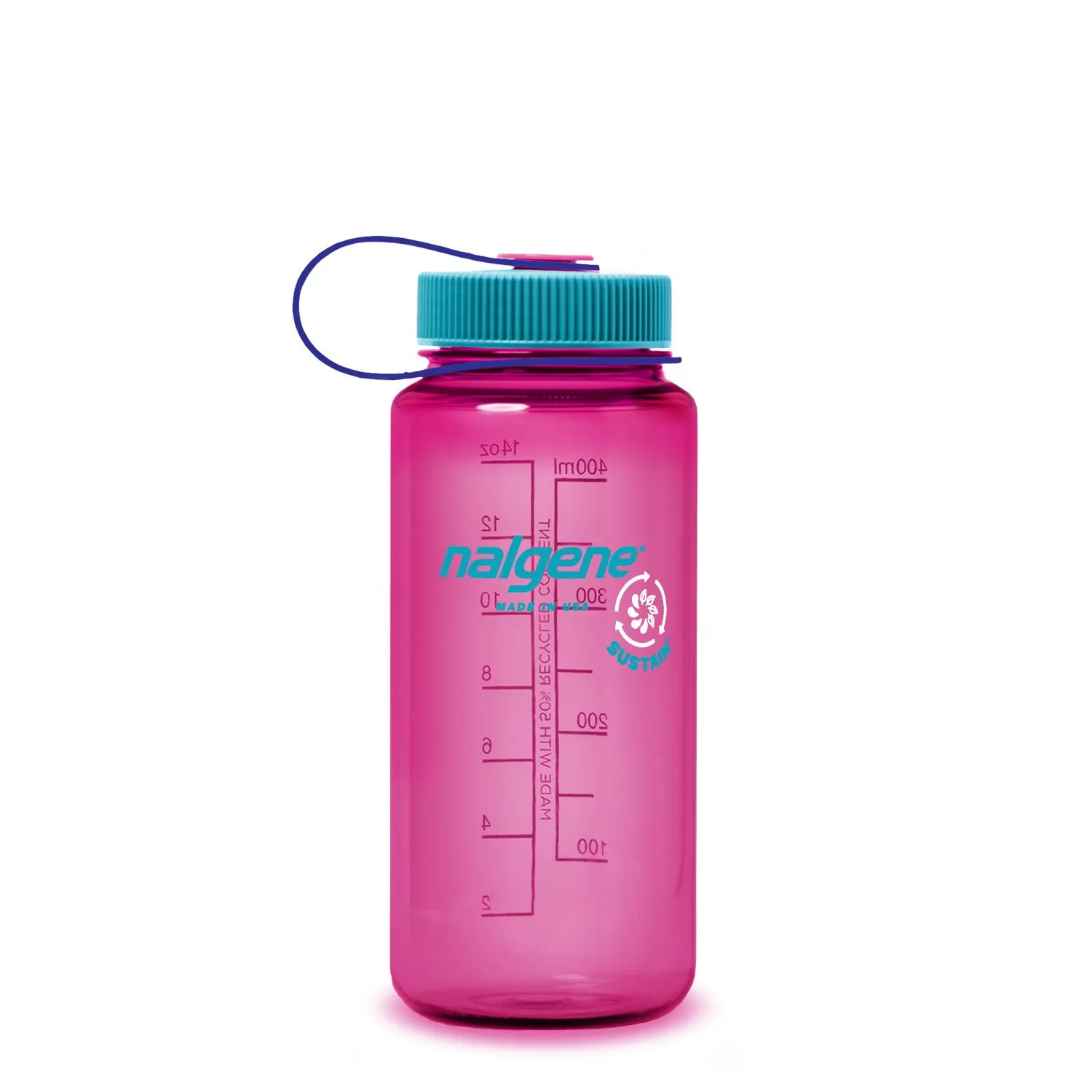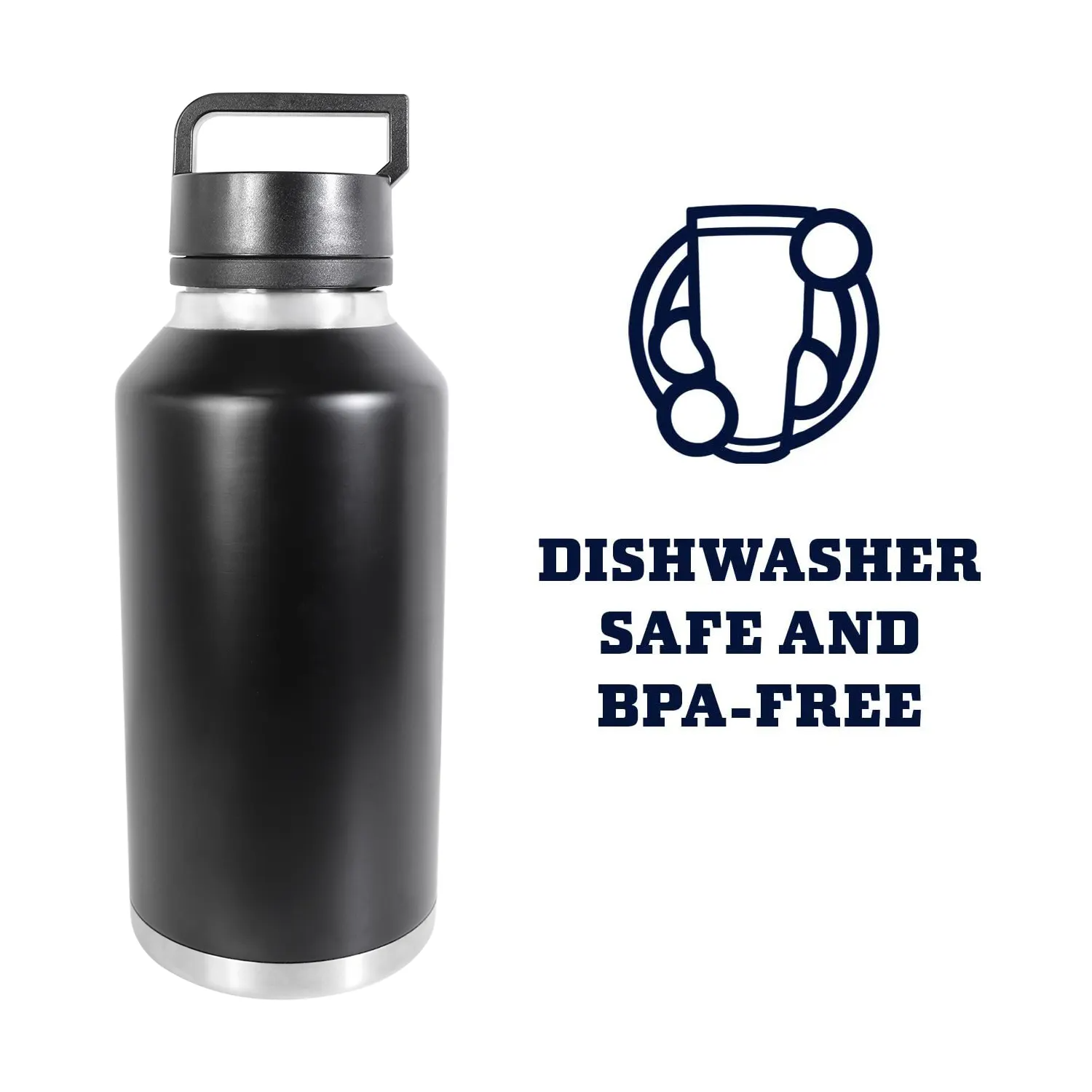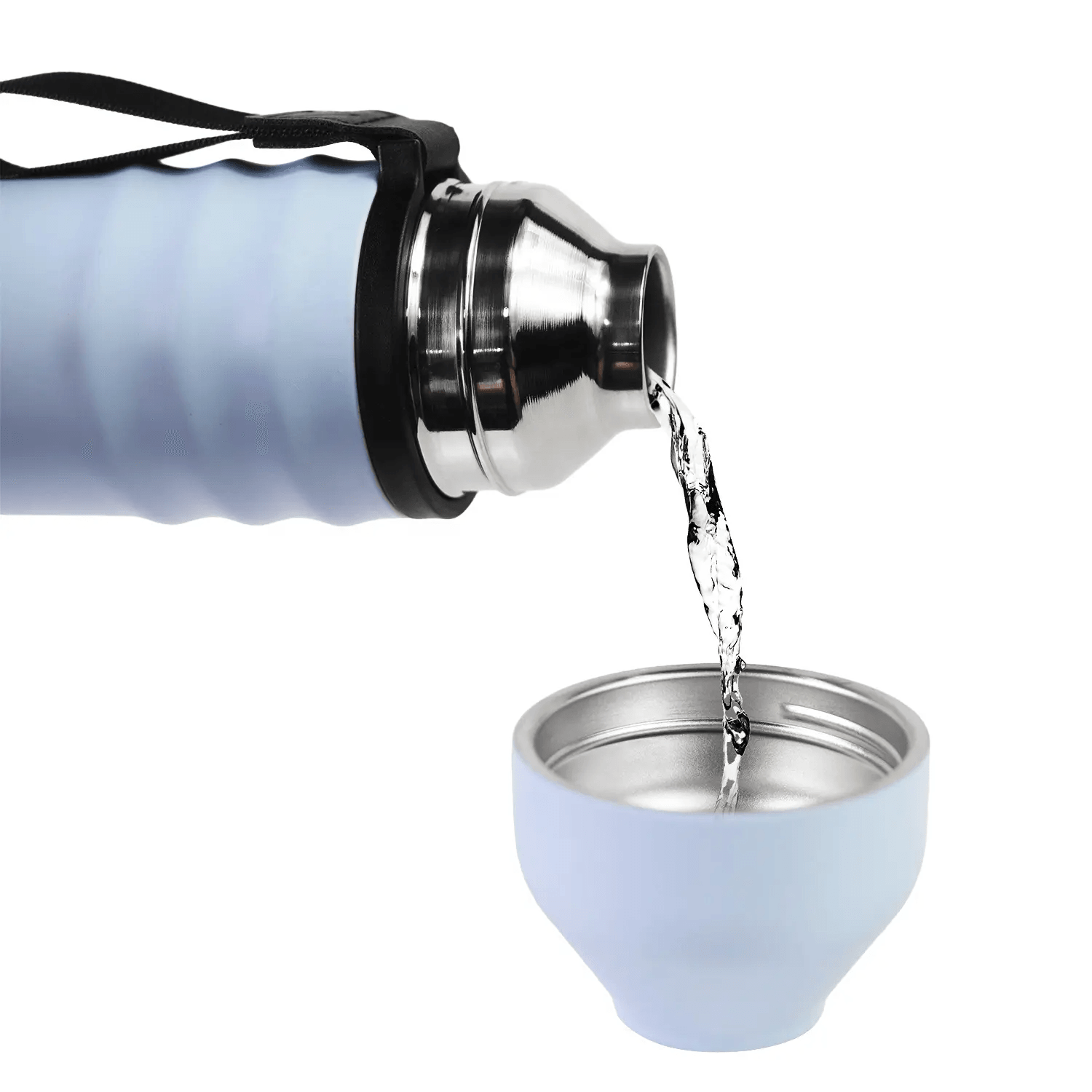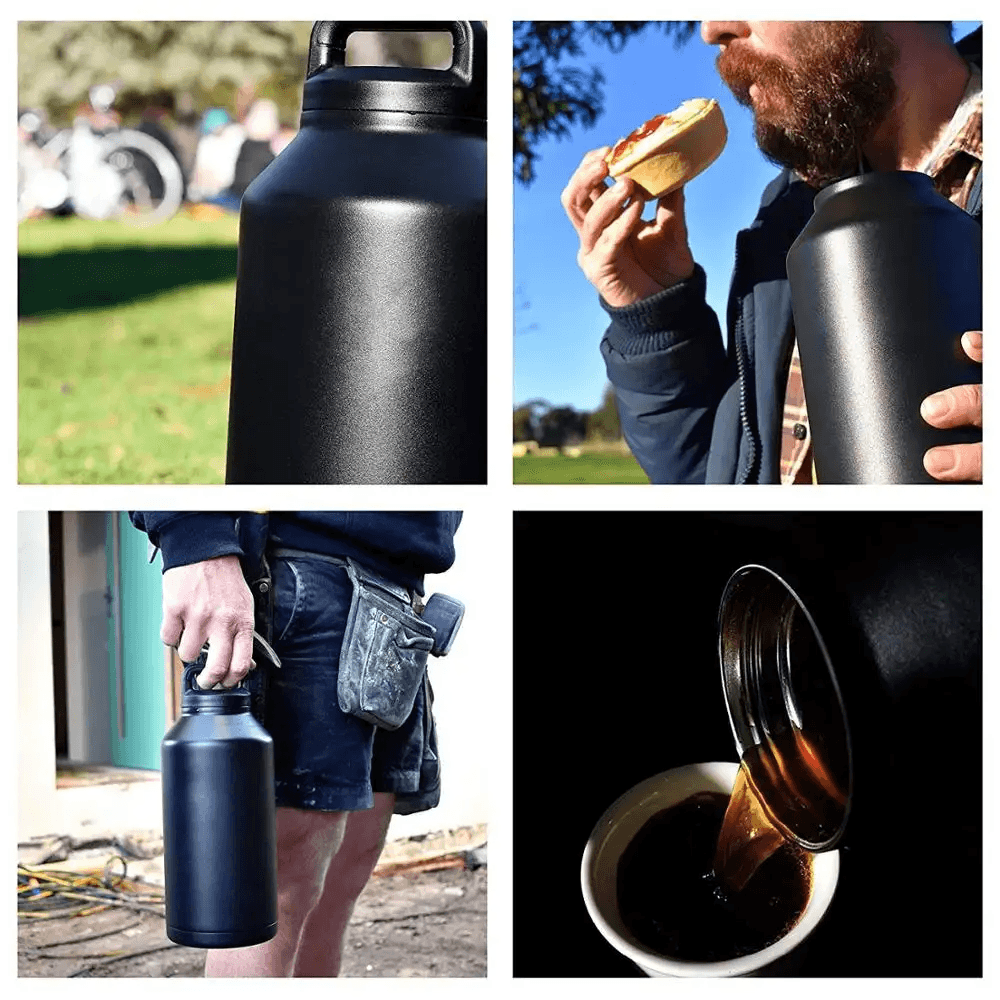Introduction

Are you aware of the dangers of boiling water in plastic? In this article, we will explore the 7 harmful side effects of plastic water bottles and delve into the topic of BPA. It's important to understand the risks associated with drinking water from plastic bottles and learn about safe alternatives like BPA-free water bottles.
The Dangers of Boiling Water in Plastic
Boiling water in plastic can release harmful toxins into your drink, posing serious health risks. It's crucial to be aware of the potential dangers and consider safer options for heating your water. One alternative to boiling water in plastic is to use a stainless steel kettle or pot, which eliminates the risk of harmful chemicals leaching into your drink. Additionally, investing in a water filter or purifier can ensure that your drinking water is free from contaminants, providing a safer and healthier option for hydration. Taking these precautions can help protect you and your loved ones from the potential dangers associated with boiling water in plastic.
7 Harmful Side Effects of Plastic Water Bottles
From hormone disruption to increased cancer risk, there are numerous detrimental side effects associated with drinking from plastic water bottles. Understanding these risks is essential for making informed choices about your hydration habits.
Plastic water bottles are often made with a chemical called BPA, or bisphenol A, which has been linked to a variety of health issues. BPA is known to disrupt the endocrine system and mimic the hormone estrogen in the body, leading to potential reproductive problems and developmental issues. Additionally, BPA has been associated with an increased risk of certain types of cancer, making it a concerning component of plastic water bottles. Given these harmful effects, it's important to seek out BPA-free alternatives for your hydration needs.
What is BPA?
BPA, or bisphenol A, is a chemical used in the production of certain plastics and can leach into food and beverages, especially when exposed to heat or acidic conditions. Being informed about BPA is key to avoiding its potential health hazards.
BPA has been linked to a variety of health issues, including hormone disruption, obesity, and reproductive problems. It's important to be aware of the potential risks associated with BPA exposure, especially for pregnant women and young children. By understanding how BPA can leach into food and beverages, individuals can take steps to minimize their exposure and protect their health.
Understanding the Risks

Harmful Toxins in Plastic
Plastic contains harmful toxins such as BPA, which can leach into your water when exposed to high temperatures. These toxins have been linked to various health issues, making it important to be cautious when using plastic for boiling water or storing liquids.
Side Effects of Drinking Water in Plastic Bottles
The side effects of drinking water from plastic bottles can include hormone disruption, reproductive issues, and even an increased risk of certain cancers. These health risks are a result of the chemicals found in plastic, which can contaminate the water over time.
Is it dangerous to drink water from plastic bottles?
Yes, it is dangerous to drink water from plastic bottles, especially if they are not labeled as BPA-free. The chemicals in plastic can leach into the water, posing serious health risks over time. It's important to consider safer alternatives for drinking and storing water.
The Safe Alternatives

BPA-free Water Bottles
When it comes to safe hydration, BPA-free water bottles are a great alternative to plastic. These bottles are free from the harmful chemical Bisphenol A, which has been linked to various health issues. By choosing BPA-free water bottles, you can ensure that you're not exposing yourself to unnecessary risks.
The Benefits of Stainless Steel Drinkware
Stainless steel drinkware offers numerous benefits for those looking to avoid the dangers of drinking from plastic bottles. Not only is stainless steel a durable and long-lasting material, but it also does not leach harmful chemicals into your drinks. Additionally, stainless steel is easy to clean and maintain, making it a convenient choice for safe hydration.
Packshine's Premium Stainless Steel Bottles
Packshine's premium stainless steel bottles are an excellent option for those seeking safe and eco-friendly drinkware. These high-quality bottles are designed to provide a reliable and sustainable alternative to plastic water bottles. With their sleek design and durable construction, Packshine's stainless steel bottles offer a stylish way to stay hydrated while avoiding the risks associated with plastic.
The Importance of Material

When it comes to choosing drinkware, the material is crucial. PC plastic water bottles, also known as polycarbonate bottles, have been a popular choice due to their durability and transparency. However, these bottles contain BPA, a harmful chemical that can leach into the water when exposed to heat or sunlight. This poses a serious risk to your health and well-being.
PC Plastic Water Bottles
PC plastic water bottles have been widely used for their convenience and affordability. However, it's important to be aware of the potential dangers associated with these bottles. When boiling water in plastic containers made from PC plastic, there is a high risk of BPA leaching into the water due to the heat exposure. This can lead to serious health issues such as hormonal imbalances and reproductive problems.
PC plastic water bottles have been widely used for their convenience and affordability. However, it's important to be aware of the potential dangers associated with these bottles. When boiling water in plastic containers made from PC plastic, there is a high risk of BPA leaching into the water due to the heat exposure. This can lead to serious health issues such as hormonal imbalances and reproductive problems.
The Environmental Impact of Plastic Water Bottles
In addition to the health risks, plastic water bottles also have a significant environmental impact. These single-use bottles contribute to pollution and take hundreds of years to decompose in landfills. The production of plastic also leads to the release of harmful greenhouse gases, further exacerbating climate change.
Choosing Sustainable Drinkware Options
Given the dangers of drinking from plastic water bottles and their environmental impact, it's essential to consider sustainable drinkware options. BPA-free water bottles made from materials such as stainless steel or glass are safe alternatives that eliminate the risk of harmful chemical leaching while being eco-friendly choices.
Remember that your choice in drinkware not only affects your health but also has an impact on the environment. It's time to make informed decisions about what we use every day for our hydration needs!
Best Practices for Safe Boiling

Boiling water in plastic can release harmful toxins into the water, posing serious health risks. To avoid these toxins, opt for BPA-free water bottles made of stainless steel or glass for boiling water.
Avoiding Toxins When Boiling Water
When boiling water, it's crucial to avoid PC plastic water bottles as they can leach harmful chemicals like BPA into the water. Instead, choose BPA-free options such as stainless steel or glass to ensure safe hydration. In addition to the material of the bottle, it's important to consider the quality of the lid and seal to prevent any potential contamination. Look for bottles with airtight seals and durable lids to keep your water free from toxins.
Tips for Safely Using Plastic Water Bottles
If you must use plastic bottles for boiling water, make sure they are labeled as safe for hot liquids and are free from BPA and other harmful chemicals. Always follow the manufacturer's guidelines and never reuse single-use plastic bottles. However, if you're looking for alternative methods to boil water without using plastic bottles, consider using stainless steel or glass containers that are specifically designed for high-temperature use. These materials are more durable and less likely to leach harmful chemicals into your drinking water, providing a safer option for boiling water.
Alternatives for Boiling Water Without Plastic
To steer clear of the dangers of boiling water in plastic, consider using stainless steel or glass containers for heating liquids. These materials are safe and do not leach harmful chemicals into your drinking water. Stainless steel is a durable and non-reactive option for heating water, making it a great alternative to plastic. Glass containers are also a safe choice, as they do not release any toxins when exposed to high temperatures, ensuring the purity of your drinking water.
Ensuring Your Safety

How to Identify Safe Plastic Bottles
To identify safe plastic bottles, look for symbols like PETE (recycling code 1), HDPE (recycling code 2), LDPE (recycling code 4), or PP (recycling code 5). These plastics are considered safer options and are less likely to leach harmful chemicals into your drinking water.
Proper Care and Maintenance of Drinkwar
Proper care and maintenance of drinkware involve regular cleaning with warm soapy water and avoiding abrasive cleaners that could damage the material. Ensure your drinkware is completely dry before storing it to prevent mold or bacteria growth. Additionally, consider investing in drinkware made from high-quality, durable materials such as stainless steel or glass, which are easier to clean and less prone to retaining odors or stains. It's also important to inspect your drinkware regularly for any signs of wear and tear, such as cracks or chips, and replace them as needed to ensure safe hydration.
Making Informed Choices for Safe Hydration
Making informed choices for safe hydration means opting for BPA-free water bottles made from stainless steel or glass. These materials are non-toxic and do not pose the same health risks as plastic bottles when it comes to drinking water on a daily basis. In addition to choosing the right bottle material, it's also important to consider the size and design of the water bottle. Look for a bottle that is easy to clean and has a secure lid to prevent leaks, making it convenient to carry around throughout the day.
Conclusion

When it comes to choosing the right drinkware for your health, it's essential to consider the dangers of boiling water in plastic and the 7 harmful side effects of plastic water bottles. Understanding what BPA is and opting for BPA-free water bottles can help mitigate the risks associated with drinking water from plastic bottles. By making the switch to safe and eco-friendly drinkware options, you can have a positive impact on both your health and the environment.
Choosing the Right Drinkware for Your Health
Choosing the right drinkware for your health means being aware of the potential dangers of drinking water from plastic bottles. Opting for BPA-free water bottles and stainless steel drinkware can help reduce exposure to harmful toxins while staying hydrated on-the-go.
The Impact of Sustainable Choices
Sustainable choices in drinkware not only benefit your health but also have a positive impact on the environment. By choosing reusable, eco-friendly options, you can reduce single-use plastic waste and contribute to a healthier planet for future generations.
Making the Switch to Safe and Eco-Friendly Drinkware
Making the switch to safe and eco-friendly drinkware is a simple yet impactful way to prioritize your health and well-being. By avoiding PC plastic water bottles and opting for sustainable alternatives, you can enjoy safe hydration without compromising on quality or convenience.
